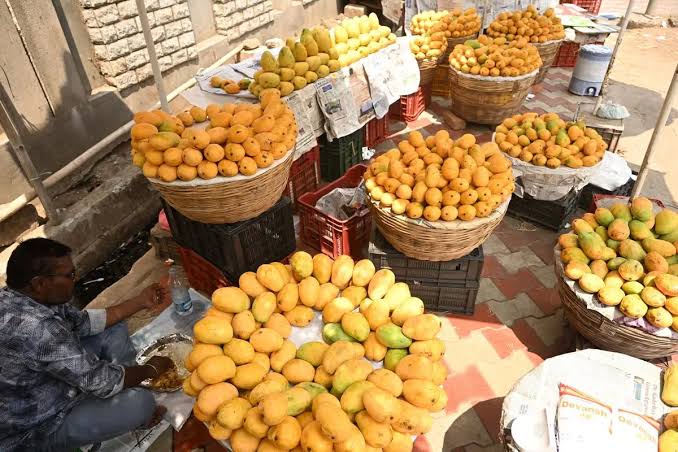
The Federal Competition and Consumer Protection Commission (FCCPC) has cautioned Nigerians against eating fruits ripened with calcium carbide.
The warning was issued on Monday by the Commission’s Executive Chairman and Chief Executive Officer, Mr. Olatunji Bello, during a one-day sensitisation programme on food quality standards, organised in Ado-Ekiti.
Represented by the Director of Quality Assurance, Mrs. Nkechi Mba, Bello decried the rising cases of adulterated and contaminated food items in markets, stressing that such acts endanger public health.
He lamented that those behind these practices were exposing unsuspecting Nigerians to grave risks and vowed that the Commission would ensure offenders do not go unpunished.
Bello explained that the sensitisation exercise was aimed at creating awareness among the public and sending a clear warning signal to “defiant” perpetrators.
According to him, the agency has already commenced full enforcement of the law and remains committed to carrying out its mandate without compromise.
He emphasised that the FCCPC is statutorily empowered to safeguard consumer rights, welfare, and interests at all times.
”The issues of food quality standards, safety and fair business practices are more pressing than ever, but we continue to see alarming trends.
”Such alarming trends include principally the forceful ripening of fruits using harmful chemicals, such as calcium carbide, which contains trace amounts of arsenic and phosphorus, both of which are highly toxic to humans.
“These practices not only endanger the lives of millions of Nigerians, but they also erode consumer trust and sabotage the integrity of our food systems,” he stated.
Bello further revealed that the Commission was working in collaboration with other relevant agencies, including the National Agency for Food and Drug Administration and Control (NAFDAC), the Standards Organisation of Nigeria (SON), and the Federal Ministries of Health and Agriculture, to enforce compliance.
He urged Nigerians to be vigilant and cautious about the food they purchase in markets and farms.
He also noted that through regular market surveillance, the FCCPC had intervened in several cases involving hazardous food practices, leading to the closure of facilities, imposition of sanctions, and prosecution of offenders.








